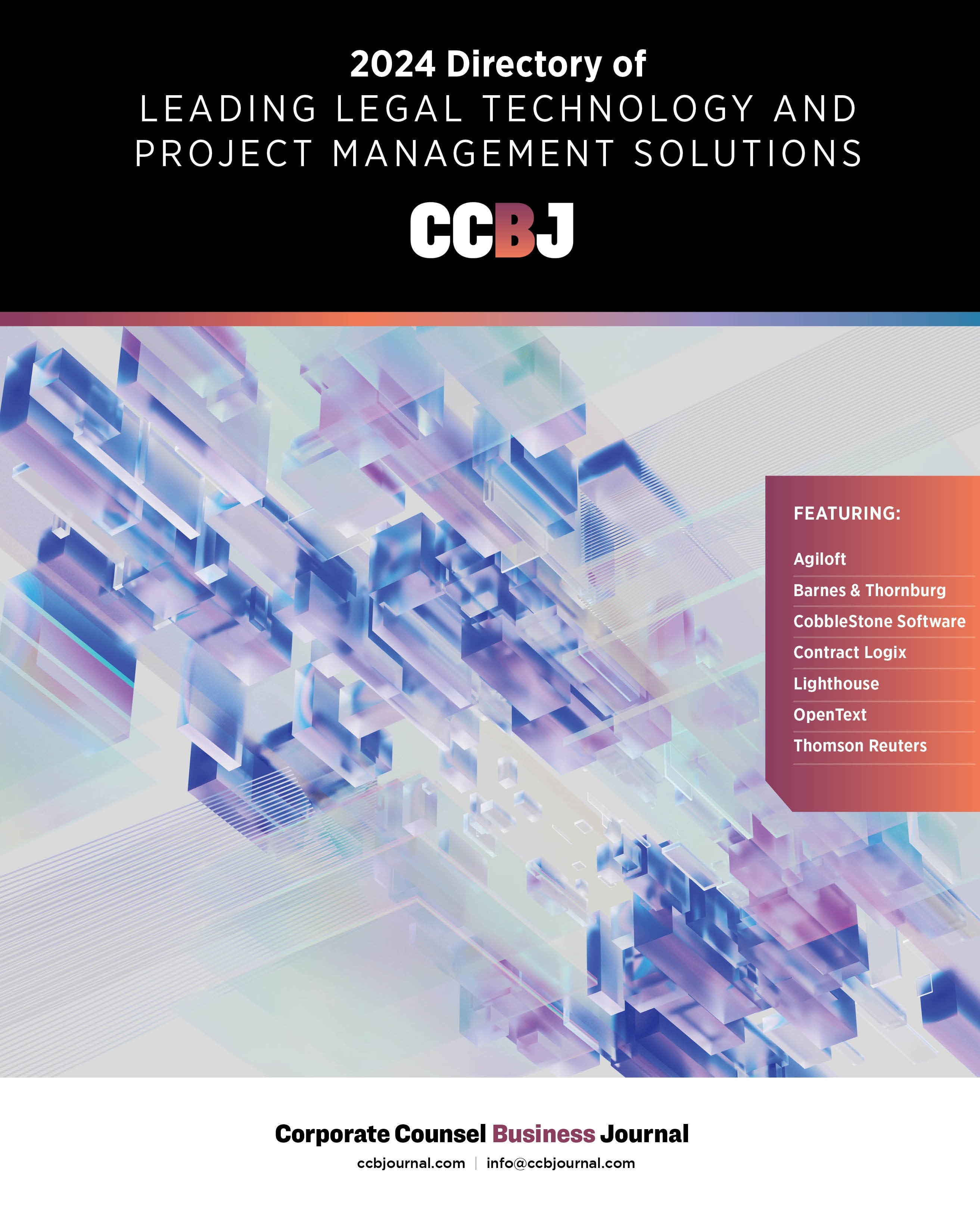Privilege
More Privilege Articles
Privilege

Drawing the Line Between a Privileged Communication’s Occurrence and Its Content
All or most courts assessing deposition objections distinguish between questions focusing on: (1) the occurrence of a privileged communication; and (2) its content. Not surprisingly, that line can sometimes be hard to draw.
Read MorePrivilege

State Supreme Court Seems to Ignore Its Own Work Product Rule
Because what is called "opinion work product" deserves higher protection than fact work product (and in many courts enjoys "absolute or nearly absolute" protection), litigants understandably seek to withhold documents on that basis. Fed. R. Civ. P 26(b)(3) explains that such highly protected opinion work product can be created by "a party's attorney or other representative." (Emphasis added.)
Read MorePrivilege

Another Difference Between the Attorney-Client Privilege and the Work Product Doctrine
The ancient attorney-client privilege protection provides absolute but fragile immunity from discovery. The relatively new litigation-related work product doctrine provides limited but robust immunity from discovery. Lawyers should always be on the lookout for both types of protection.
Read More

